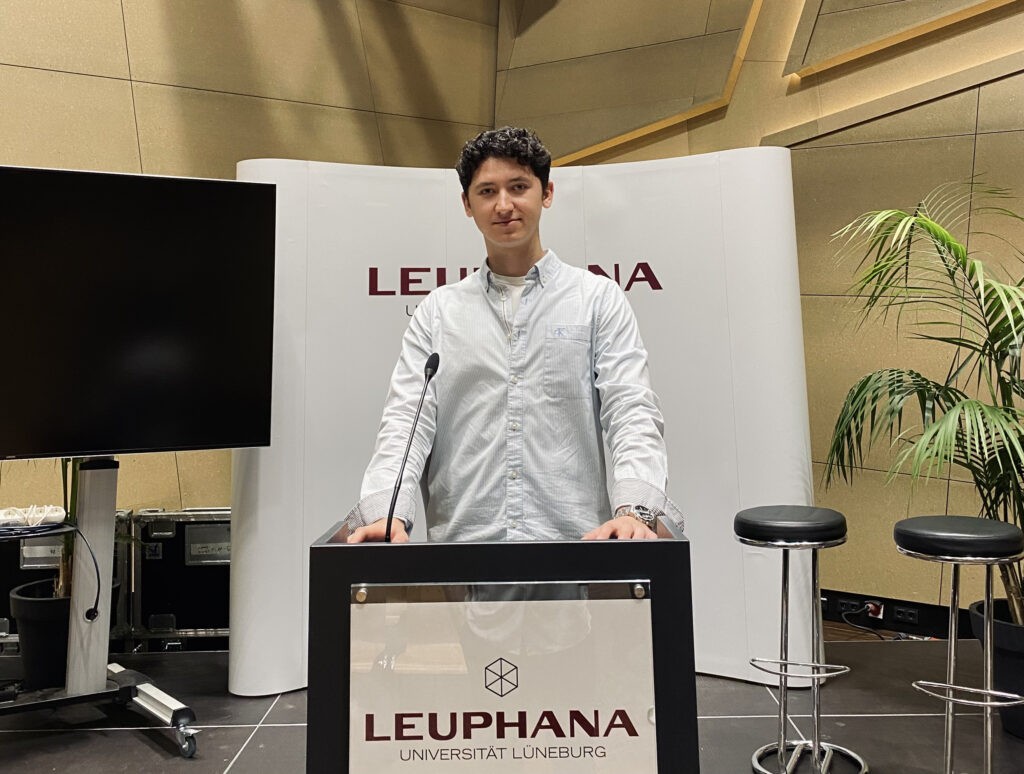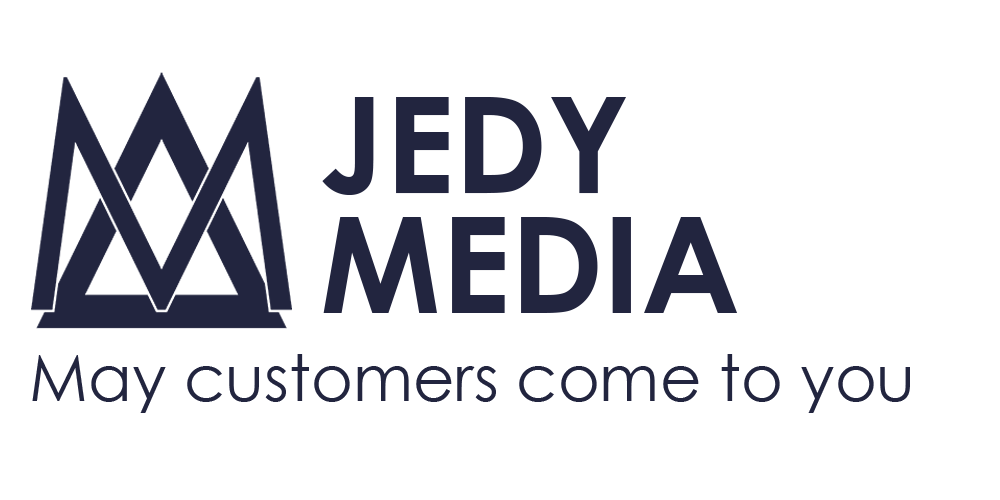Today in the feed "J News» – Zafar Tilabov, a successful entrepreneur in the EdTech field, as well as a marketing manager in the automotive industry.
In an interview with Zafar, we discussed current trends in the marketing of educational technologies, the reasons for his decision to live abroad and the impact of this step on his career. Zafar also shared his unique experience working for the fashion publishing house of Cosmopolitan magazine and other interesting aspects of his professional life.
- Zafar, how did you start your marketing career and what brought you to EdTech?
Z. T.: My career in marketing began with a fascination with the popularity of digital technologies and communications. I've always been interested in how brands interact with consumers, and how marketing strategies can be used to build sustainable relationships and increase customer loyalty.
After I graduated from the university with a degree in International Relations, I decided to get a job related to communicating with people, so, in fact, I found marketing. After working for a year as a marketing specialist in Tashkent, I entered a master's program at a university near Hamburg and moved. Immediately after the first semester, I found a job at the fashion publishing house of Cosmopolitan magazine and began studying marketing in practice. I continued to develop in digital marketing, working for several companies of various sizes and industries.
Each new experience added to my knowledge and skills, especially in analytics, marketing automation, and project management. As for moving into EdTech, I still work in management and B2B marketing. However, the field of education has always been close to me, I have spent so many years studying that sometimes the thought arises "How can I transfer all this knowledge correctly?". That is why I am currently developing a new product that is unique for Uzbekistan in the field of digital education.
- What are the main trends in the marketing of educational technologies that you are currently observing?
Z. T.: Self-sufficiency. I see it this way. People began to want to learn, it took some time and people realized that being stupid is not cool and went to study. There is a trend towards education in Uzbekistan now. But there is another point of view, that the media rush of bloggers who travel around the world and sell their courses is a good incentive for some to go and learn, no matter what.

- How do you integrate innovation and new technologies into your marketing strategies?
Z. T.: I am a person from the corporate world, usually in large, especially European companies, new technologies take quite a long time to reach. Therefore, as an employee, I can only observe the introduction of AI into the system of our online conferences in order to have automatic speech translation. But as an individual user, I am quite actively trying to use new technologies that are now particularly pleasantly simplifying analytics in marketing. A week ago, I finished a course from McKinsey & Company, where they tried to explain to us exactly how AI can and should be used for accelerated development of small and medium-sized businesses, which was very interesting.
- What key metrics and performance indicators do you use to evaluate the success of your EdTech marketing campaigns?
Z. T.: In my opinion, the problem with most startups is that they usually plan business development for about 1-2, at best 3-5 years. And so do most companies. I am a supporter of the fact that you need to look much further and plan everything for at least 10 years. Therefore, for me, the user retention rate is very important, in simple words, how well the platform retains users and ensures their long-term engagement.
- What are the most challenging aspects of EdTech marketing and how do you handle these challenges?
Z. T.: I think the most difficult thing is to type the right command. First of all, not all people have experience in the field of EdTech. Secondly, we need high-quality feedback collection. If you don't initially create a plan for how the user can report a bug or offer something of their own, this will greatly affect the quality of your development.
- Tell us about the most successful marketing project you've worked on?
Z. T.: It's probably not for me to judge the most successful one, but I'll tell you about one project that I had when I was working in Hamburg for a large chemical company. They made various adhesive tapes and other adhesive products, it sounds boring, but the project I worked on was for the Porsche company. It was then that I became interested in the automotive direction in marketing. Where in the future, in fact, I will go to work.
- What innovative methods and tools do you use to attract and retain customers?
Z. T.: Perhaps one of the best solutions that is currently available in the B2B sphere is exhibitions and various conferences, because in a large business, personal meetings, the friendliness factor and personal relationships play a significant role, even at the level of managers. As for technology, I really like the use of AI to adapt educational content to the individual needs and level of knowledge of each user. This technology significantly improves the user's learning progress.
- Why did you decide to live abroad and how does this affect your career and professional development?
Z. T.: I've always wanted to travel. Therefore, living abroad is more like another trip for me, I love it, I love flying by plane. As for career and development, you can easily get an education abroad, especially in Germany, because you don't need to pay for universities here, and the quality of education is quite good. Regarding my career, I believe that now it is very easy to find a job online, especially abroad, or get a job in an international company where the corporate language is English.

- What are the advantages and disadvantages of working abroad compared to working in Uzbekistan?
Z. T.: Well, it depends on which country to compare with, if with Germany, then probably social protection. Good contributions to the pension fund and protection from freelance cuts, but all this pales in comparison with the fact that for all this you will pay taxes. That is why I believe that working in Uzbekistan today, you can earn quite well, provided that you have work experience and education.
- What skills and knowledge do you think are necessary for a successful career in educational technology marketing?
Z. T.: I probably don't have the right answer here, but I'll say this: most likely, these are digital marketing skills, analytics, and working with data. Ability to use analytics tools.
- What new technologies and trends do you think will dominate in the next 5 years?
Z. T.: I think that most likely there will be projects in the field of adaptive learning, as well as immersive learning, this is when VR is used to create fully immersive learning environments and simulations, which is very useful, for example, for doctors.
- How do you see the future of EdTech and what changes do you expect in this market?
Z. T.: It seems to me that this industry is expected to attract increased interest from the youth of Uzbekistan until 2030. Perhaps even local successful startups will appear.
- What global educational platforms and products do you consider the most innovative and why?
Z. T.: For me, the benchmark is the success of two companies, Udemy and Coursera, which in fact are not even direct competitors, although at first glance, this sounds like nonsense, but ... Coursera is a cool platform where you can get education with a convenient subscription and in a top place. In addition to interesting course authors, you can also get an official education from top universities in the world. Udemy is a platform that works more like a marketplace for services. Anyone can become a teacher and teach people different things. It sounds incredibly cool.
- How do you see the role of artificial intelligence in the future and how it already affects marketing strategies?
Z. T.: I think that AI will become an integral part of our professional life. After all, even today, most things in analytics and e-mail marketing are done by AI. Working with data has become much easier, but another thing is that a person must also have the necessary knowledge when working with data.
- Can you share your experience of working with international teams and how it affects your marketing approaches?
Z. T.: I experienced this directly on a regular basis, as my position was called "Global Marketing and Communications Manager in B2B". Every day, our meetings were held quite early or late, because most of our colleagues were from different parts of the world. Our company had quite a lot of representative offices abroad, as well as regional headquarters, so our meetings were held differently for everyone, for some they were in the morning, and for others in the evening.

- How do you maintain your creativity and find inspiration to create new marketing campaigns?
Z. T.: In fact, there are many useful practices that help you brainstorm ideas, but most of the time creativity comes from need, from our fantasies of a better, improved life.
- What key differences in marketing approaches have you noticed between the different countries and cultures you've worked with, and how do you adapt your strategies to different markets?
Z. T.: The localization process for each company is different. It all depends on the integration area. In the case of marketing, this is often content. Content localization is very important, and the ability to speak on the same wavelength as the consumer is very important. Well, and of course, the budget, there is a feeling that Western companies are less greedy in allocating the budget for marketing than local ones.
- What advice would you give to young professionals who want to build a career in marketing?
Z. T.: Engage in self-education, try to bring something new, create your own approach. Find your destination, try B2B and B2C, see what you like best and choose. The process of work and marketing campaigns differ significantly, so I recommend that you decide in advance what is closer to you. I don't want to be a bore and say that education should be obtained at the university, and not on courses through social networks, but I think that's exactly what I will do. Get a proper university education, bachelor's or master's degree is not important, just know that education adds confidence to your job interview. As for courses, this is also useful when you have a base, you will be able to engage in self-development through various courses and trainings. But still, this does not in any way cancel or replace the point about education at the university.
- Thank you for the interview.









